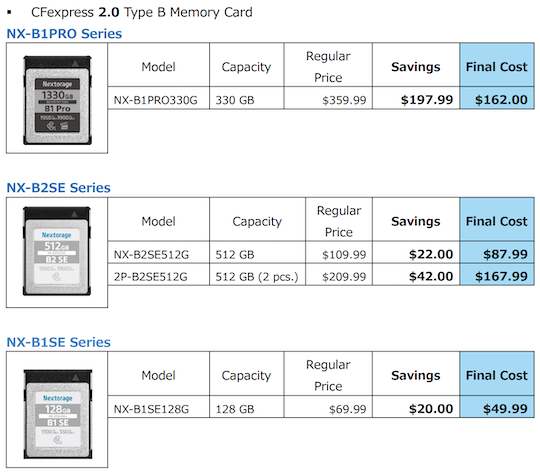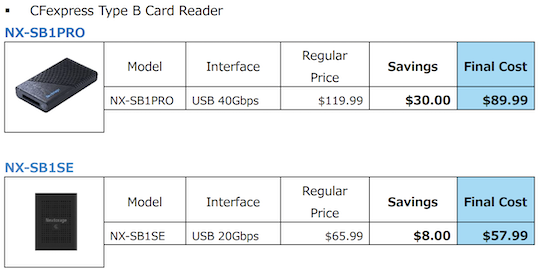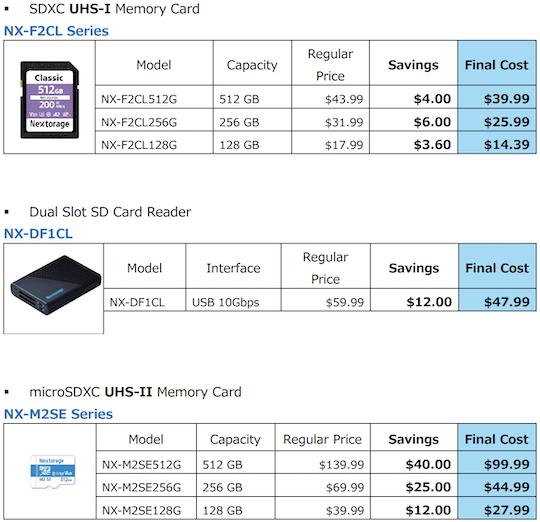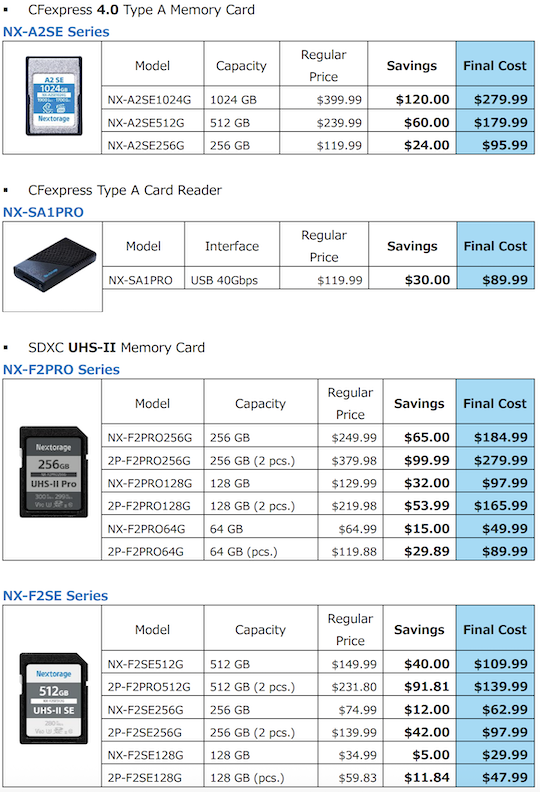An anonymous reader shared this report from Tom's Hardware:
According to German news outlet Heise, notable progress has been made regarding the counterfeit Seagate hard drive case. Just like something out of an action movie, security teams from Seagate's Singapore and Malaysian offices, in conjunction with local Malaysian authorities, conducted a raid on a warehouse in May that was engaged in cooking up counterfeit Seagate hard drives, situated outside Kuala Lumpur.
During the raid, authorities reportedly uncovered approximately 700 counterfeit Seagate hard drives, with SMART values that had been reset to facilitate their sale as new... However, Seagate-branded drives were not the only items involved, as authorities also discovered drives from Kioxia and Western Digital. Seagate suspects that the used hard drives originated from China during the Chia [cryptocurrency] boom. Following the cryptocurrency's downfall, numerous miners sold these used drives to workshops where many were illicitly repurposed to appear new. This bust may represent only the tip of the iceberg, as Heise estimates that at least one million of these Chia drives are circulating, although the exact number that have been recycled remains uncertain.
The clandestine workshop, likely one of many establishments in operation, reportedly employed six workers. Their responsibilities included resetting the hard drives' SMART values, cleaning, relabeling, and repackaging them for distribution and sale via local e-commerce platforms.


Read more of this story at Slashdot.













